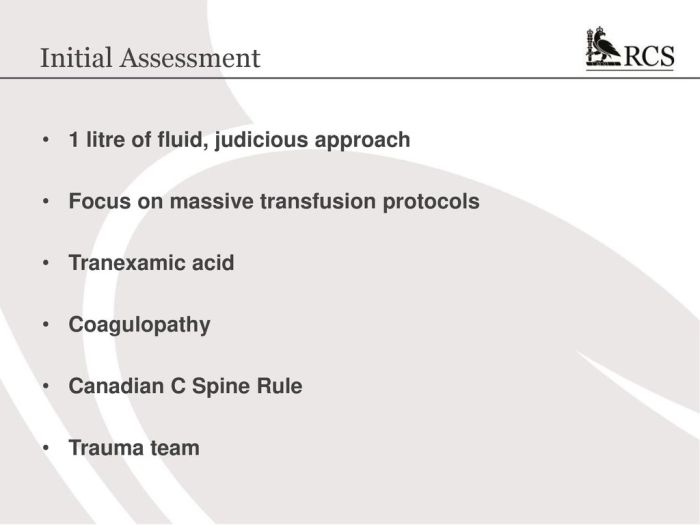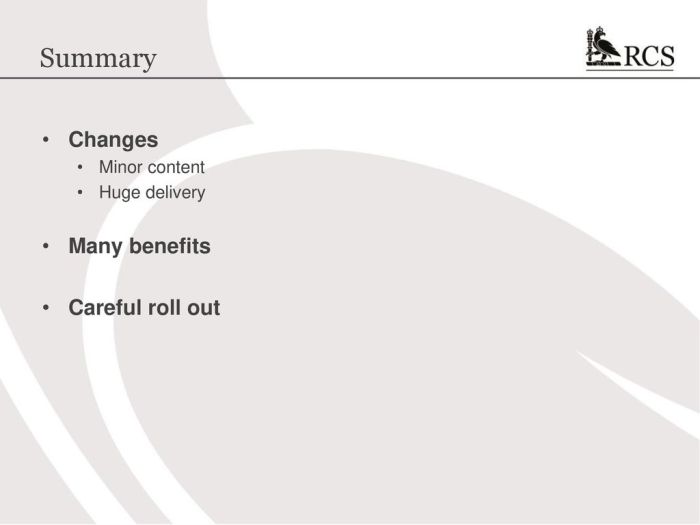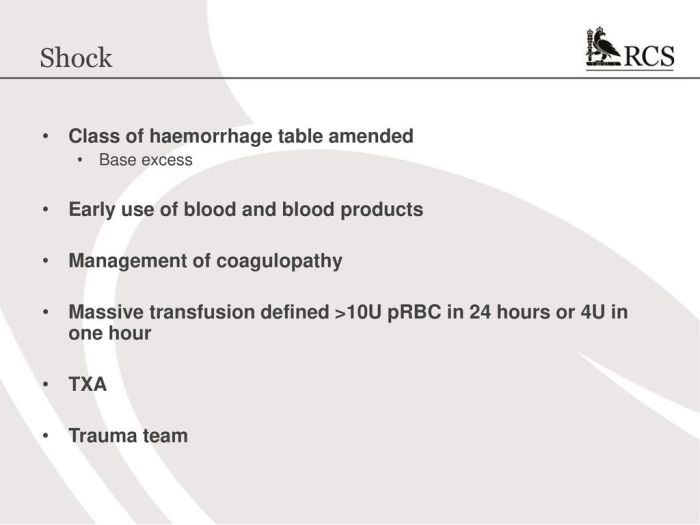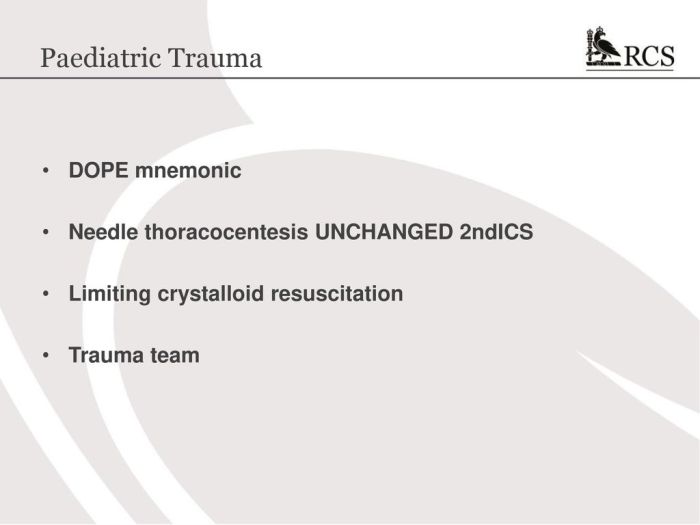Embarking on the ATLS Post Test 10th Edition, we delve into a comprehensive examination that evaluates the mastery of trauma care principles. Designed for healthcare professionals seeking to refine their skills, this test serves as a valuable tool for continuous improvement and clinical excellence.
The ATLS Post Test 10th Edition encompasses a wide range of topics, including patient assessment, airway management, fluid resuscitation, and surgical interventions. Its structure and content are meticulously crafted to reflect the latest advancements in trauma care, ensuring that participants are equipped with the most up-to-date knowledge and techniques.
Overview of the ATLS Post Test 10th Edition

The ATLS Post Test 10th Edition is a comprehensive assessment tool designed to evaluate the knowledge and skills acquired through the Advanced Trauma Life Support (ATLS) course. It is an essential component of the ATLS educational program and serves as a benchmark for healthcare professionals seeking certification or recertification in trauma management.The
target audience for the ATLS Post Test includes physicians, nurses, paramedics, and other healthcare providers involved in the initial management of trauma patients. It is intended to assess their understanding of the principles and protocols Artikeld in the ATLS course and their ability to apply this knowledge in real-world scenarios.The
ATLS Post Test 10th Edition is an essential resource for healthcare professionals seeking to stay updated on the latest advancements in trauma care. This comprehensive test covers a wide range of topics, including ncp for low platelet count . By incorporating the latest research and evidence-based practices, the ATLS Post Test 10th Edition ensures that healthcare professionals are equipped with the knowledge and skills necessary to provide optimal care to trauma patients.
test consists of multiple-choice questions covering a wide range of topics, including primary and secondary surveys, airway management, fluid resuscitation, and specific injuries. It is designed to challenge participants’ critical thinking and decision-making skills in the context of trauma management.
Content Analysis of the ATLS Post Test 10th Edition

The ATLS Post Test 10th Edition assesses the knowledge and skills of healthcare professionals in the management of trauma patients. The test covers a wide range of topics, including initial assessment, resuscitation, and management of specific injuries.
The test is divided into four sections:
- Multiple Choice Questions (MCQs)
- Trauma Scenarios
- Skill Stations
- Written Exam
Distribution of Questions Across Content Areas, Atls post test 10th edition
The MCQs cover a wide range of topics, including:
- Initial assessment
- Resuscitation
- Management of specific injuries
- Trauma systems
The trauma scenarios test the candidate’s ability to apply their knowledge and skills in a simulated clinical setting. The skill stations assess the candidate’s ability to perform specific skills, such as intubation and chest tube insertion.
Level of Difficulty and Complexity
The ATLS Post Test 10th Edition is a challenging exam. The MCQs are well-written and often require the candidate to apply their knowledge to new situations.
The trauma scenarios and skill stations are also challenging. The candidates are required to make quick decisions and perform complex procedures under pressure.
Test Preparation Strategies

Effective preparation is crucial for success in the ATLS Post Test 10th Edition. A comprehensive approach involving targeted study, practice, and self-assessment can significantly enhance your performance.Recommended study materials include the official ATLS manual, supplementary textbooks, and online resources. Consider joining study groups or seeking mentorship from experienced healthcare professionals to clarify concepts and enhance understanding.Practice
tests and mock exams are invaluable tools for simulating the actual test experience and identifying areas for improvement. Regularly taking practice tests allows you to familiarize yourself with the question format, time constraints, and content coverage. By reviewing your performance, you can pinpoint weaknesses and focus your preparation accordingly.
Scoring and Interpretation of the ATLS Post Test 10th Edition
The ATLS Post Test 10th Edition is scored based on the number of correct answers provided by the test taker. Each question is worth one point, and the total possible score is 100 points.
To pass the test, candidates must achieve a score of at least 70%. This score indicates that the candidate has a sufficient understanding of the principles and practices of ATLS.
Interpreting Test Results
Test results can be used to identify areas where the candidate may need additional training or education. Candidates who score below 70% should review the areas where they answered incorrectly and consider seeking additional training or education in those areas.
Candidates who score above 70% have demonstrated a strong understanding of the principles and practices of ATLS. However, they should still review their test results and identify any areas where they can improve their knowledge or skills.
Use of the ATLS Post Test 10th Edition in Clinical Practice

The ATLS Post Test 10th Edition serves as a valuable tool in assessing healthcare professionals’ knowledge and skills in trauma care. Its comprehensive nature ensures that individuals are well-equipped to manage trauma patients effectively.
Beyond its role in assessing knowledge, the test also plays a crucial role in continuing medical education and professional development. By identifying areas where further training is required, healthcare professionals can enhance their skills and stay up-to-date with the latest advancements in trauma management.
Test Results Guiding Clinical Decision-Making
The results obtained from the ATLS Post Test 10th Edition can be instrumental in guiding clinical decision-making. By highlighting areas of strength and weakness, healthcare professionals can prioritize their training needs and focus on improving their skills in specific aspects of trauma care.
For instance, if a healthcare professional scores poorly in the section on airway management, they can seek additional training in this area to enhance their proficiency in managing airway emergencies. This targeted approach to professional development ensures that healthcare professionals are equipped to handle various trauma scenarios with confidence and competence.
Q&A
What is the purpose of the ATLS Post Test 10th Edition?
The ATLS Post Test 10th Edition is designed to evaluate the knowledge and skills of healthcare professionals in the field of trauma care.
Who is the target audience for the ATLS Post Test 10th Edition?
The ATLS Post Test 10th Edition is intended for physicians, nurses, and other healthcare professionals involved in the care of trauma patients.
How can I prepare for the ATLS Post Test 10th Edition?
Effective preparation for the ATLS Post Test 10th Edition involves reviewing the ATLS textbook, attending ATLS courses, and taking practice tests.